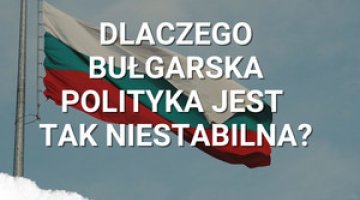Analyses
Bulgaria: the Belene nuclear plant building project is gaining momentum
On 30 November Bulgaria’s National Electric Company (NEK) signed memoranda with Russia’s Rosatom, Finland’s Fortum and France’s Altran Technologies envisaging the establishment of a company for the building of the Belene nuclear power plant by the end of March 2011. The documents are not binding on the parties but they still prove that the deadlock in the investment’s implementation, which had existed for more than a year, has been broken. The documents will also enable Russia to become not only a supplier of nuclear fuel, technologies and construction work for the new power plant but also a shareholder in it.
The construction of the nuclear power plant in Belene is the largest project of this kind in South-Eastern Europe (the expected output of the plant will be 2,000 MW). The power plant’s majority shareholder is to be NEK (51%), however the investment was de facto withheld after the withdrawal of the second shareholder, the German company RWE (49%), last October. Pursuant to the recently signed memoranda, RWE’s block of shares is to be taken over by the new companies. The precise distribution of the shares among Rosatom, Fortum and Altran has not been determined as yet. However, it is certain that the largest stake will be allocated to Rosatom, whose subsidiary, Atomstroyexport, concluded a power plant building contract with NEK already in 2008. Rosatom in its memorandum also included a proposal for financing the project (at a level adequate to the number of shares granted to it) without the need for Bulgaria to provide governmental guarantees for the Russian loan.
The announcement from the new investors of their intention to join the investment seems to indicate an increasing attractiveness of the project and fits in with the process of intensifying efforts for its implementation (this November NEK signed a contract with HSBC bank covering consulting services linked to financing the project). Nevertheless, the main problem is still unresolved—ensuring sources of funds for the investment and the lengthy renegotiation of the contractor work deal between NEK and Atomstroyexport. Atomstroyexport estimates that the construction costs will reach at least 6.4 billion euros, while NEK wishes to significantly reduce the price (according to unofficial data, to a level of 5.5 billion euros). <dab>




